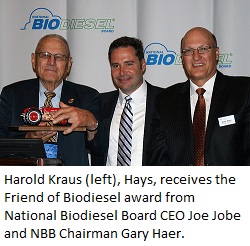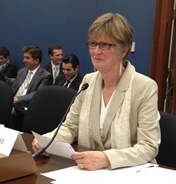 Google Reader goes bye bye today. So what do you do now? I shouldn’t assume you use Google Reader or even know what a news feed reader is I guess so let’s step back a moment.
Google Reader goes bye bye today. So what do you do now? I shouldn’t assume you use Google Reader or even know what a news feed reader is I guess so let’s step back a moment.
Services like Google Reader allow you to subscribe to RSS feeds. That would be a distribution mechanism for all kinds of information. It’s used by blogs, podcasts and much more. You can find the AgWired RSS Feed here. That link is to a small text file containing the information your feed reader needs to subscribe to AgWired. That means you can pull AgWired posts into your feed reader which might be on your phone or tablet or computer. You can subscribe to lots of feeds and the reader you use aggregates them into one place for you. And you subscribe anonymously! That’s nice for you. But for me it makes it more difficult to provide our sponsors with demographic data on you. Oh well. I’ll happily live with that. I want you to subscribe and enjoy AgWired without worry.
So back to the demise of Google Reader. What do you replace it with? My recommendation is NetNewsWire for Macs. I’ve been using it for years. It syncs across all my devices, including iPhone and iPad. I subscribe to about 100 feeds right now and check them almost every day. But if you’re still PC then I would point you to Feed Demon or Feedly.
So if you’ve been using Google Reader then import those feeds into your new feed reader asap. Google Reader is gone end of day.










